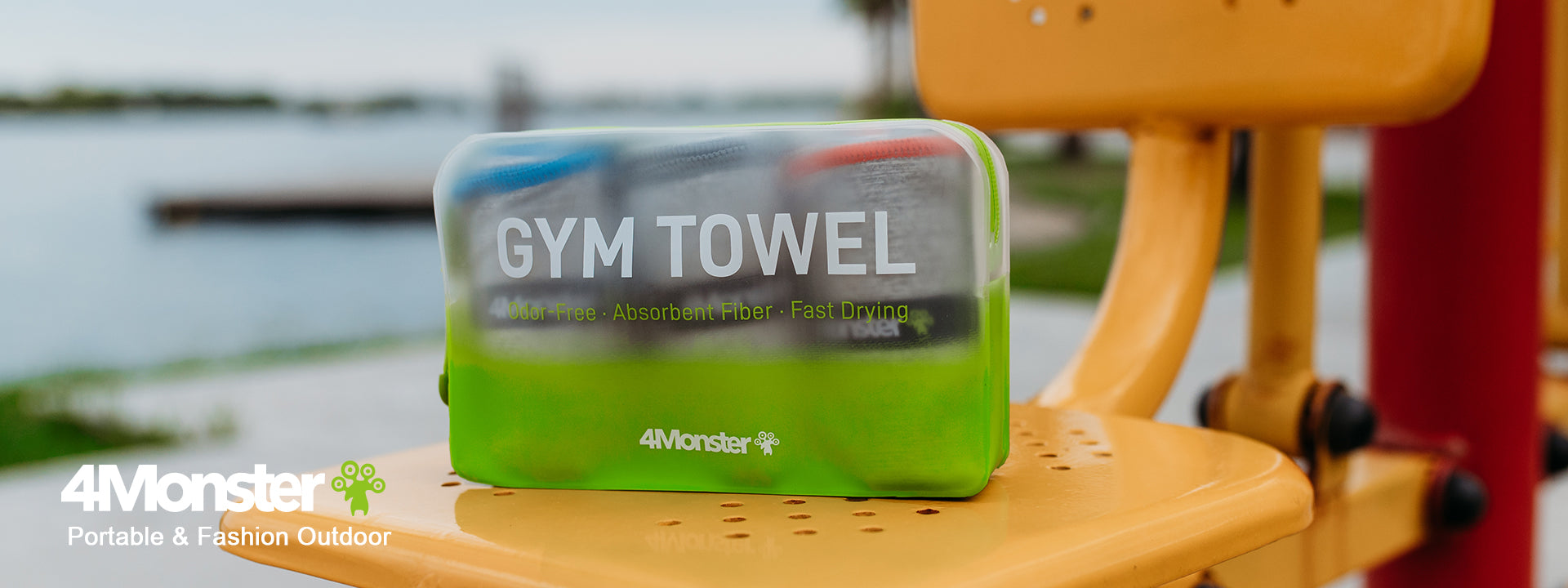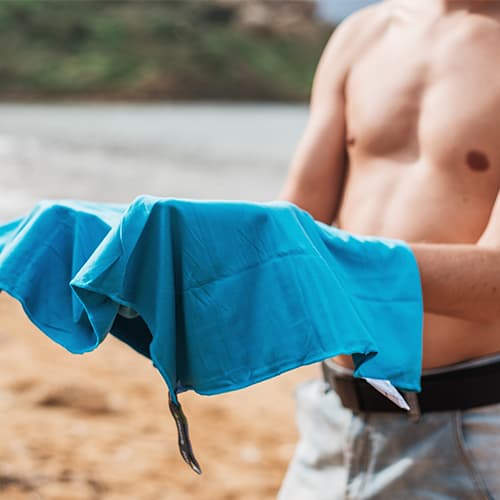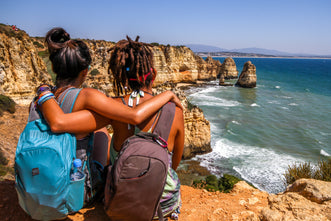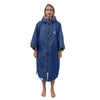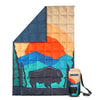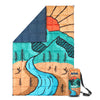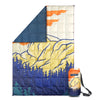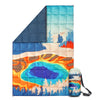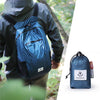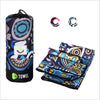Campground Selection
Choosing a suitable campsite is the key to successful winter camping. We need to find a place that is leeward, sheltered from snow and close to a water source. In addition, to ensure our safety, it is best to choose an experienced guide or follow the relevant guidelines.

Necessary equipment
Tent: Winter camping requires a windproof and snowproof tent. When choosing a tent, pay attention to the material and weight of the tent. It is recommended to choose a lightweight tent that is windproof and rainproof.
Sleeping bag: Winter camping requires a sleeping bag with good warmth. Depending on the expected temperature, choose the right type of sleeping bag (e.g. down, synthetic fiber, etc.).
Cookware: Carrying a reliable set of cookware is necessary when camping in winter. Considering the efficiency and portability, you can choose some lightweight cookware, such as folding kettle, multi-functional pot, etc.
Blanket: A warm and small blanket is essential. For example, a down blanket is a good choice as it is lightweight and keeps you warm.
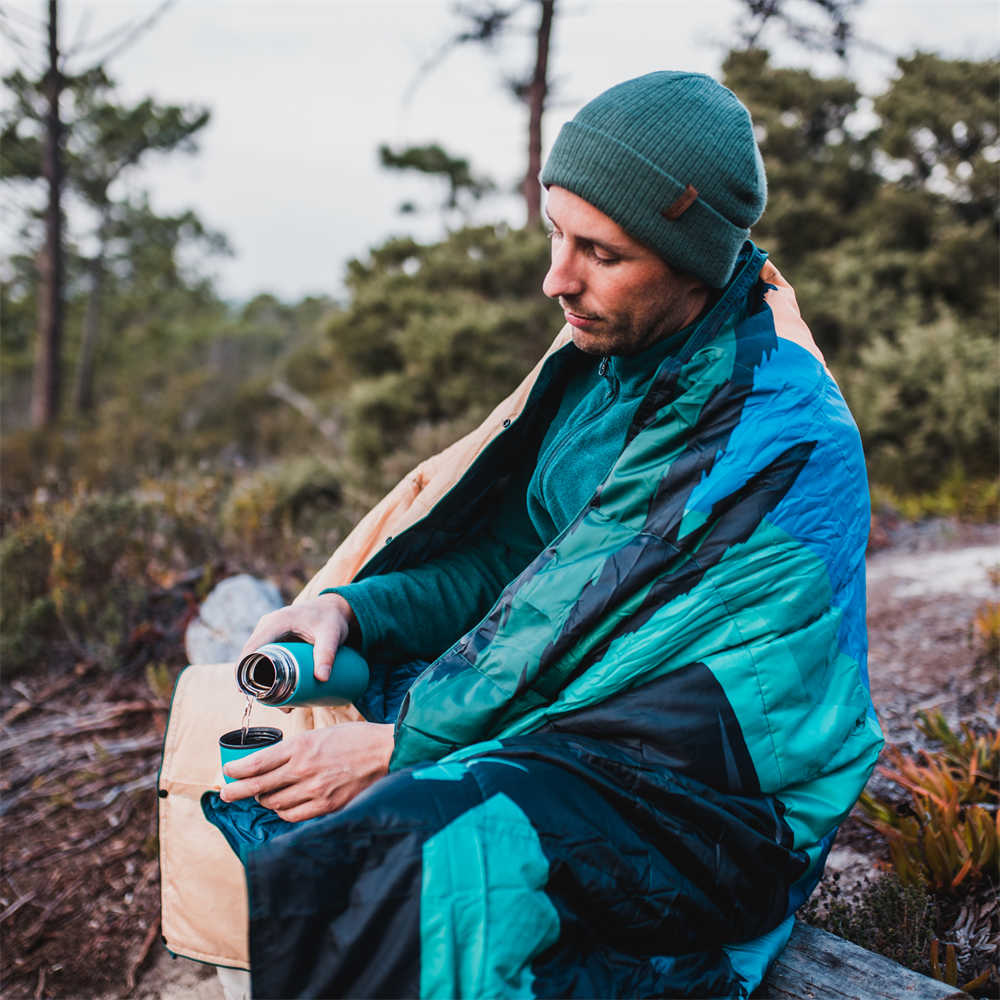
Towel: a dry towel is very useful on a winter camping trip as it can be used to wipe down your body and belongings. It is recommended to choose some towels that are quick drying and easy to clean.
Cold Weather Clothing: In cold weather, a warm cold weather clothing is essential. We can choose some cold-weather clothing that is warm, quick-drying and easy to clean.

Packing down blankets that are small and warm is very important in winter camping. First, down blankets are lighter than other types of blankets, making them easier to carry and store. Secondly, down blankets are very warm and can provide enough warmth on cold nights. In addition, down blankets are also quick-drying and can stay dry even in humid environments. For example, if we are camping by a lake and the temperature plummets during the night, the down blanket will provide us with enough warmth for a cozy night.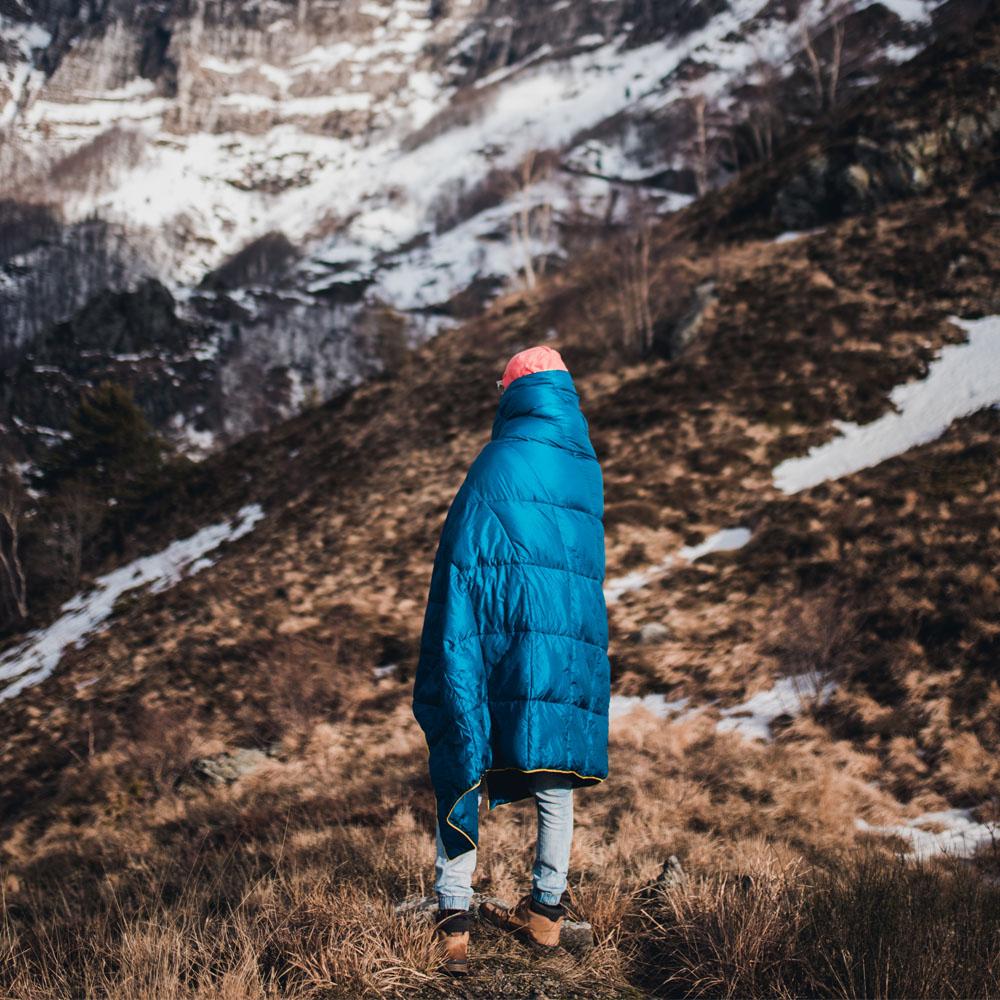
Winter camping is not suitable if we are experiencing inclement weather such as heavy snowfall or blizzards. Not only do these weather conditions reduce visibility and make it difficult to find suitable campsites and routes, but they can also lead to excessive snow accumulation, making our walks difficult or even dangerous. In addition, bad weather can damage our equipment and affect our camping experience. Therefore, when choosing dates and locations for winter camping, we need to pay attention to the weather forecast and avoid venturing out in bad weather.
Although winter camping is full of challenges and things we need to pay attention to, as long as we are prepared and follow safety principles, we can enjoy an enjoyable and memorable trip. Let's explore the charm of winter camping together!

